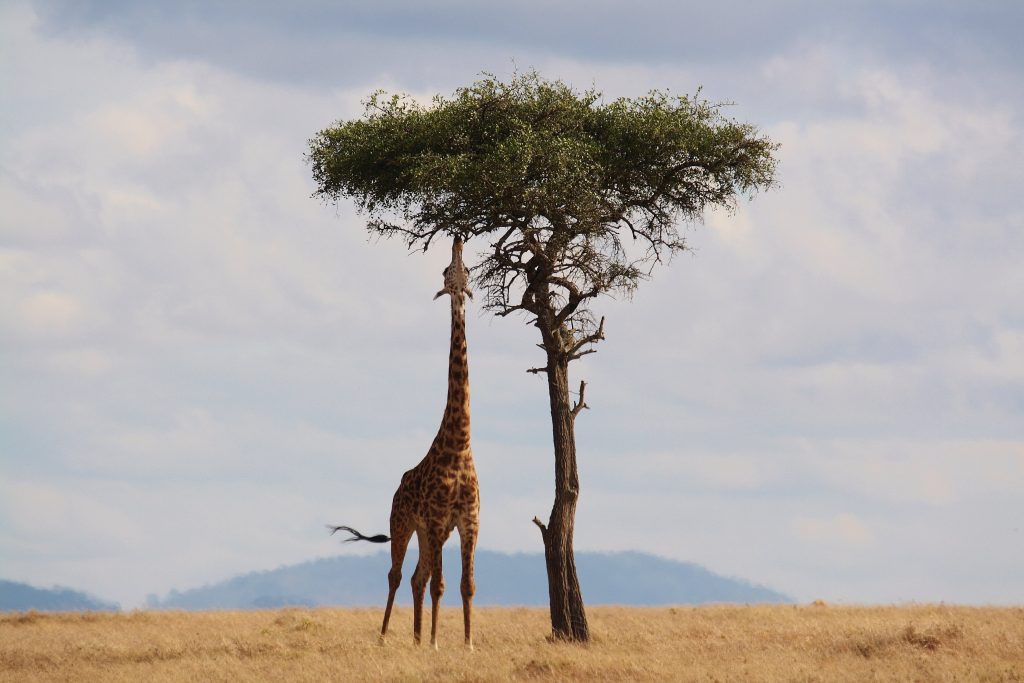One Health it is an approach that recognizes the connection between people, animals, plants and the environment that welcomes them, with the aim of achieving more and better results in the area of health.
It is holistic, collaborative, multisectoral, and transdisciplinary.
Human health does not just depend on us, it is deeply linked to all living beings, from microorganisms to large animals, and the environment. These continuously interact in search of a steady state.
The unsustainable treatment of natural resources and globalization induce environmental imbalances that affect the health of all living beings.

The One Health intends to prevent, detect, contain, eliminate and respond to threats to public health caused by agents and events that are dangerous to human and animal health, such as zoonoses (infectious diseases transmitted from animals to humans), antimicrobial resistance, climate change, the reduction of forests, among others.
The One Health contributes to a scientific, technical and adaptive response to these complex problems. Therefore, it is urgent to promote and intensify the articulation and collaboration between experts and organizations from the various areas of knowledge: medical, veterinary and environmental.

– To prevent and control the emergence and re-emergence of zoonotic diseases. Zoonotic diseases are infectious diseases caused by viruses, bacteria, parasites, or fungi, capable of being naturally transmitted between animals and humans. Some examples of this type of diseases are toxoplasmosis, brucellosis, and the well-known COVID-19;
– To prevent and control the spread of vector-borne diseases . Vectors are vehicles for the transmission of the causative agent of a disease. Mosquitoes, ticks, and snails can act as vectors. Examples of vector-borne diseases include malaria, dengue, Chagas disease, and bilharzia;
– To promote the correct use of antibiotics and to create new antibiotics to fight antimicrobial resistance;
– To promote and to conservate food safety, by protecting food from biological (infectious agents), physical (foreign bodies such as metal, plastic, or stones), and chemical (heavy metals, insecticides, among others) hazards;
– To reduce atmospheric, soil, water, visual and noise environmental pollution;
– To prevent the development of chronic diseases and non-communicable diseasessuch as cardiovascular disease, diabetes, or cancer;
– To promote mental health and well-being,through, for example, reducing tobacco consumption, increasing physical exercise, or eating a balanced diet.

The relevance of the One Healthapproach is supported by the principles of Manhattan (2004) and Berlim (2019).
The Berlin Principles, launched at the “One Planet, One Health, One Future” Conference, update those of Manhattan and reintegrate the concepts of ecosystem integrity, combating climate change, and antimicrobial resistance.
The World Health Organization (WHO) has been drawing attention to these aspects, namely, to guarantee food safety, fight zoonoses, and antibiotic resistance. The Food and Agriculture Organization of the United Nations (FAO) also contribute with different initiatives, like the “One Water, One Health” program.
The collaboration agreement between FAO, World Organization for Animal Health (OIE) and WHO, performed in 2010, marked a turning point in the global realization of the One Health.
Awareness of this new approach led to the creation of several organizations, culminating, in 2016, with the fusion of three structures (One Health Commission, One Health Platform and One Health Initiative Team), which gave rise to the One Health Initiative. On November 3, 2016, was celebrated the first One Health Day.

– World Health Organization – One Health
– Centers for Disease Control and Prevention – One Health
– World Organization for Animal Health – One Health
– Food and Agriculture Organization of the United Nations – One Health
– European Commission – Farm to Fork Strategy
– European Commission – EU Action on Antimicrobial Resistance